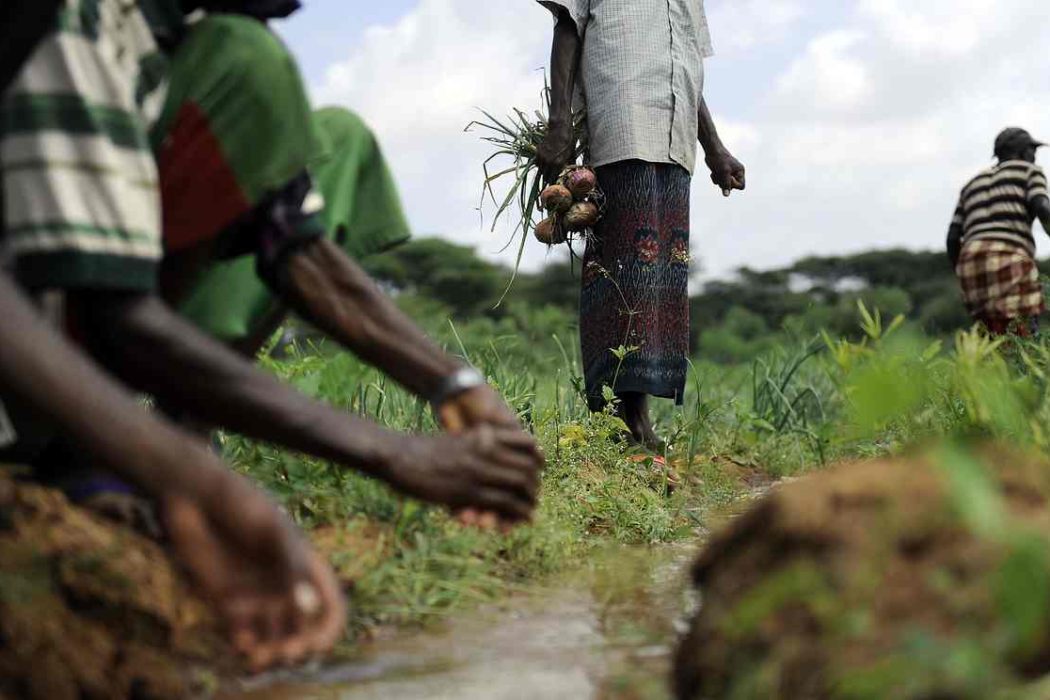Ethiopia is in the midst of the worst drought in 50 years, affecting over half of the country’s 750 districts. Earlier this month, the United Nations Office for the Coordination of Humanitarian Affairs (OCHA), called Ethiopia’s condition “a deteriorated humanitarian situation”.
Environmental degradation has played a big role. Ethiopia has long been a victim of land degradation, driven by increased human use of land and unsustainable agricultural practices. Grazing of animals and collection of firewood haven’t helped – with less cover and protection against erosion, soil is more easily washed away.
Now, Ethiopia is drawing on its business community and public sector to do something about it. Earlier this year, the country agreed to join the African Forest Landscape Restoration Initiative (AFR100), a country-led effort to bring 100m hectares of land in Africa into restoration by 2030. The initiative was launched formally at COP21 in Paris.
AFR100 will see governments working together with regional institutions, public and private sector partners and international development programs to restore productivity to deforested and degraded landscapes, mostly through restoring forests and planting trees on agricultural land. “AFR100 seeks to realize the benefits that trees can provide in African landscapes, thereby contributing to improved soil fertility and food security, improved availability and quality of water resources, reduced desertification, increased biodiversity, the creation of green jobs, economic growth, and increased capacity for climate change resilience, adaptation and mitigation,” the group’s mission states.
While Ethiopia and other AFR100 countries are devoting resources to the commitment, public funds are likely to be insufficient to meet the ambitious target. That’s why many groups are focused on enticing the private sector to make restoration investments.
“We have to develop a proof of concept for restoration models where people can earn money and it does something good for the environment,” says Till Pistorius, deputy head of the climate division at international consulting firm Unique Forestry and Land Use, which provides advice on forest management and sustainable land use.

